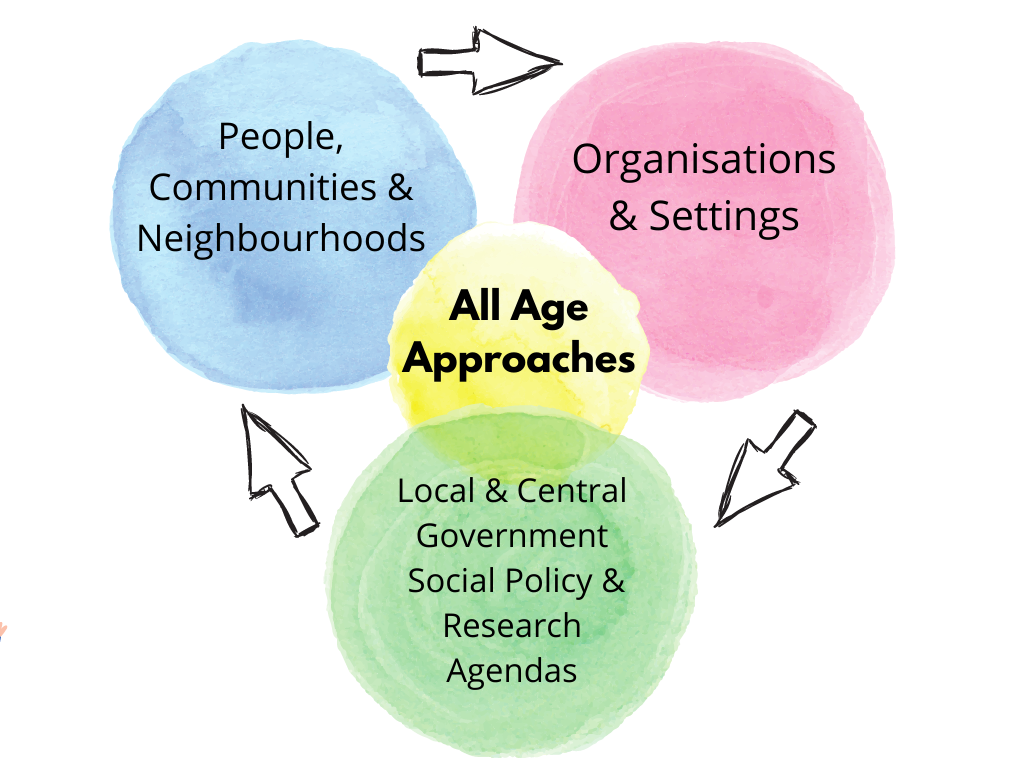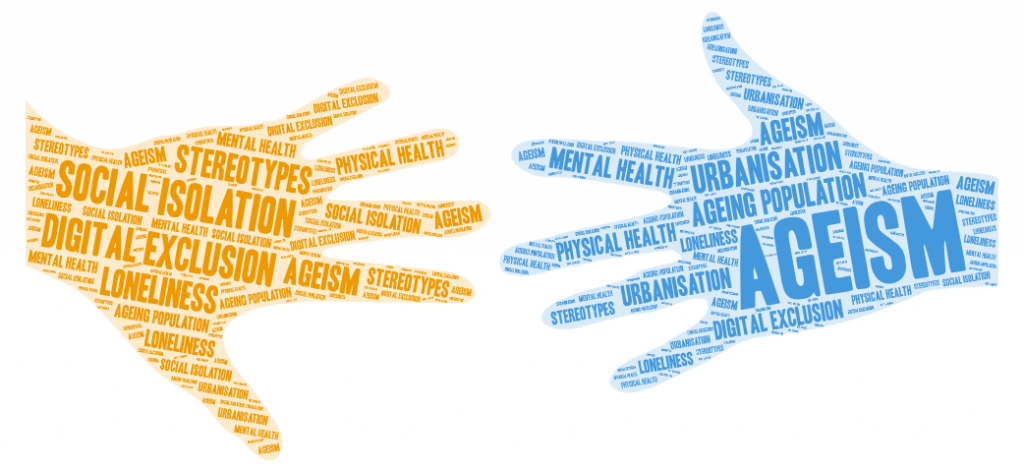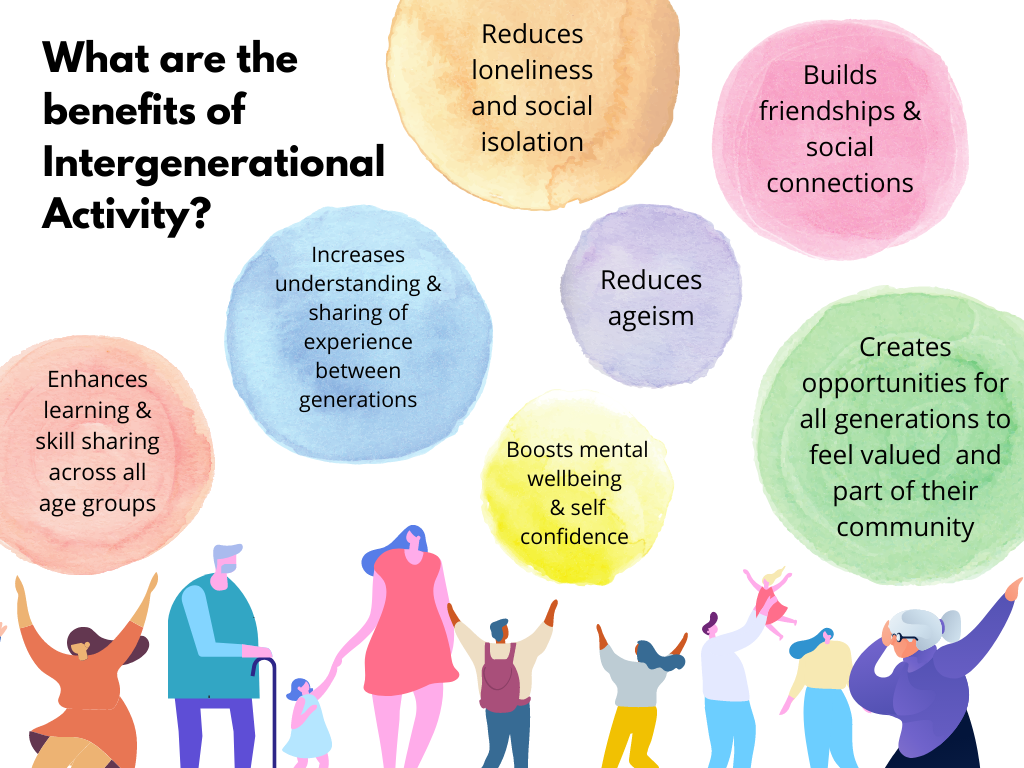Intergenerational Practice Explained
What is intergenerational Practice?

What is Intergenerational Practice?
LGNI Manager, Vicki explains more.
"
Why are Intergenerational Relationships Important?
Our society, community and family make ups have changed drastically over the last few decades. In the past, Intergenerational activity might have seemed more natural or easier with families and people of different generations living in closer contact and knowing everyone in ‘your area’ young and old. We are now living longer within an increasingly ageing and urbanised society and opportunities for positive relationship building between the generations can become less accessible. Issues such as ageism (negative stereotyping or discrimination based on age group), social isolation, loneliness and digital exclusion are becoming increasingly prevalent across the age spectrum.
Intergenerational practice creates opportunities for positive, enjoyable, and supportive ways to foster intergenerational relationships which are key to tackling ageism and social exclusion. Building real relationships and friendships helping to break down stereotypes by uniting in what makes them the same, instead of focusing on what makes us different.

What are the Benefits and Outcomes of Intergenerational Activity?

promoting active citizenship and mutual understanding across the generations to tackle ageism and creating intergenerational places and spaces within communities
Using intergenerational approaches to achieve education outcomes across the lifespan
Connecting older people living in care settings with the wider community
Using intergenerational approaches to achieve education outcomes across the lifespan
Using intergenerational approaches to achieve education outcomes across the lifespan
For marginalised age groups
Where can Intergenerational Activity Happen?

What Makes for and Effective Intergenerational Activity?
Here are 8 core principles that help in the planning and delivery of an effective intergenerational approach (Pinto et al, 2009). If there are adhered to, the outcomes for the individual, community and society in the intergenerational exchange are maximised. According to these principles, intergenerational activities should be:
Source: Pinto, T. A., Marreel, I., & Hatton-Yeo, A. (2009). Guide of Ideas for Planning and Implementing Intergenerational Projects.
To find more resources, research and evidence relevant to Intergenerational practice, visit our Knowledge Hub
